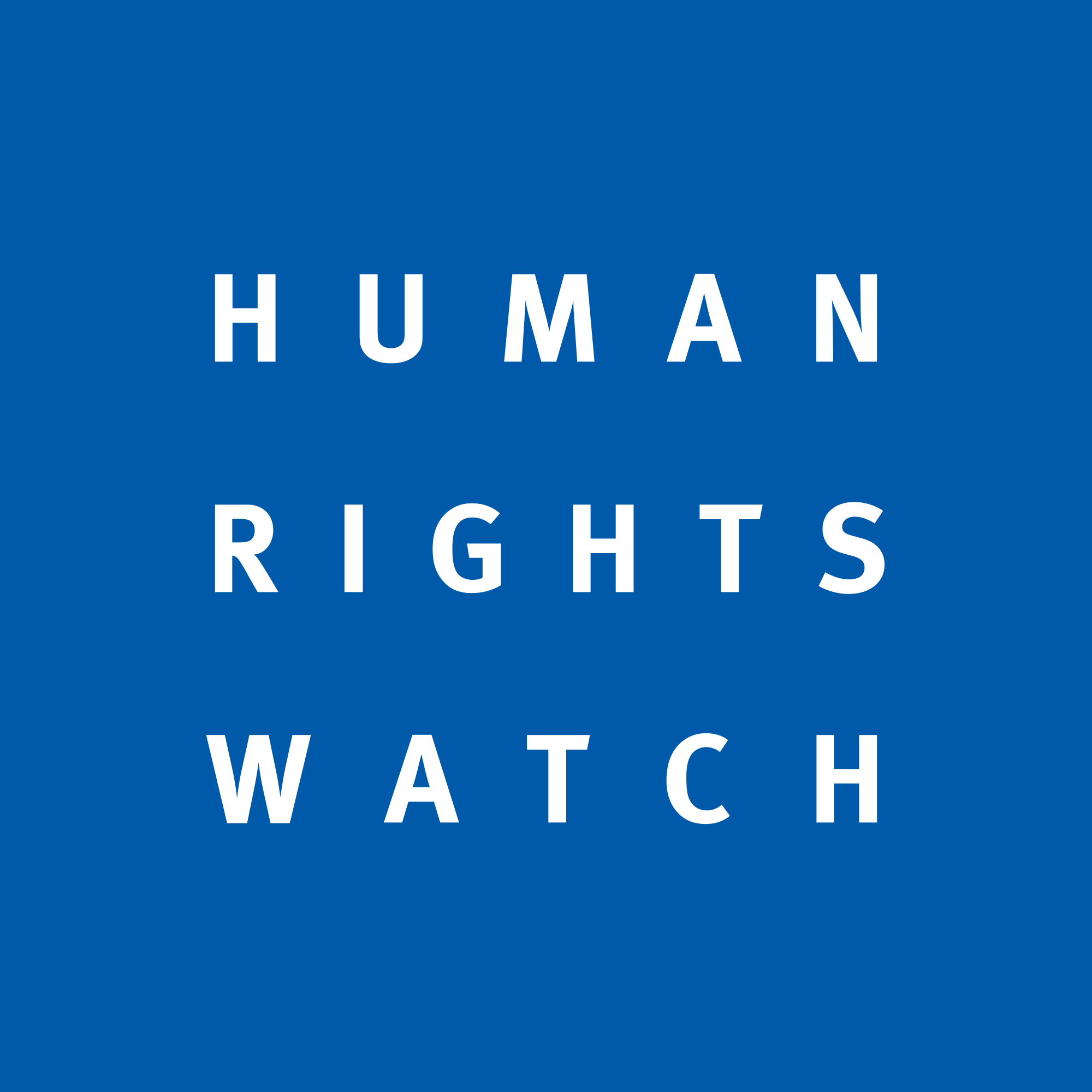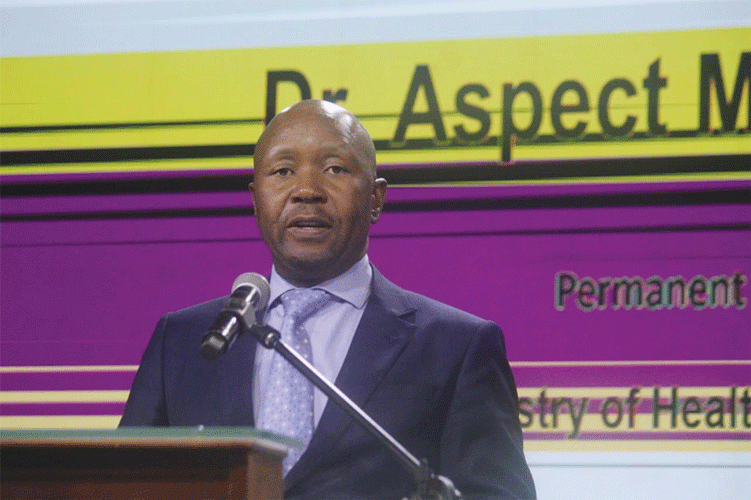
GLOBAL human rights watchdog, Human Rights Watch (HRW) has dismissed President Emmerson Mnangagwa’s reform pledge as a paper tiger devoid of implementation since he came into office, with his regime accused of widespread human rights violations.
BY PHYLLIS MBANJE
In a damning report released on January 17 this year, HRW said Mnangagwa was among a number of regional leaders who had failed to deliver on their promises.
“Despite promises for reforms, Mnangagwa, who has a long record of human rights abuses, called on Zimbabweans in December 2017 ‘to let bygones be bygones’, paving the way for continued human rights violation mostly perpetrated by police and military,” part of the report read.
The report said although the July 30, 2018 general elections were relatively peaceful, they were marred by disputed results and post-election violence.
“Throughout the year, Mnangagwa and other high-level government officials made numerous promises to deliver governance reforms to mark the post-Robert Mugabe era, but took few steps to demonstrate commitment to accountability, justice for human rights abuses, and respect for the rule of law,” HRW said.
The rights group also condemned the Zanu PF administration for failing to revive the economy, and to effectively respond to the outbreak of cholera, which killed over 50 people countrwide, but mainly in Harare.
On media freedoms, HRW said the government had failed to amend or repeal repressive laws such as the Access to Information and Protection of Privacy Act (AIPPA), the Public Order and Security Act (Posa), and the Criminal Law (Codification and Reform) Act.
- Chamisa under fire over US$120K donation
- Mavhunga puts DeMbare into Chibuku quarterfinals
- Pension funds bet on Cabora Bassa oilfields
- Councils defy govt fire tender directive
Keep Reading
These pieces of legislation were used under Mugabe’s regime to curtail basic rights through vague defamation clauses and draconian penalties.
Reforms that are expected in Zimbabwe include restoration of the rule of law, a commitment to equitable, legal and transparent land reform, and ensuring that military and national police forces are subordinate to the civilian government
Meanwhile, the National Peace and Reconciliation Commission (NPRC), in line with its call for national dialogue, is setting up a platform to allow Zimbabweans to share their views on how to stem the current crisis in the country.
For the past two weeks, the country has been rocked by a violent crackdown by the military and police on suspected protesters who took part in the national stayaway that turned violent.
“NPRC envisages the national dialogue as an opportunity for Zimbabweans to collectively shape their desired socio-economic and political landscape and bring meaningful transformation to the nation,” the commission said.
The NPRC has so far conducted bilateral consultations with the goal of building consensus on the need for a national dialogue.
“The nation is, hereby, advised that the NPRC will shortly be inviting sectoral representatives to jointly formulate with us the framework to guide the national dialogue process,” it said in a statement.











